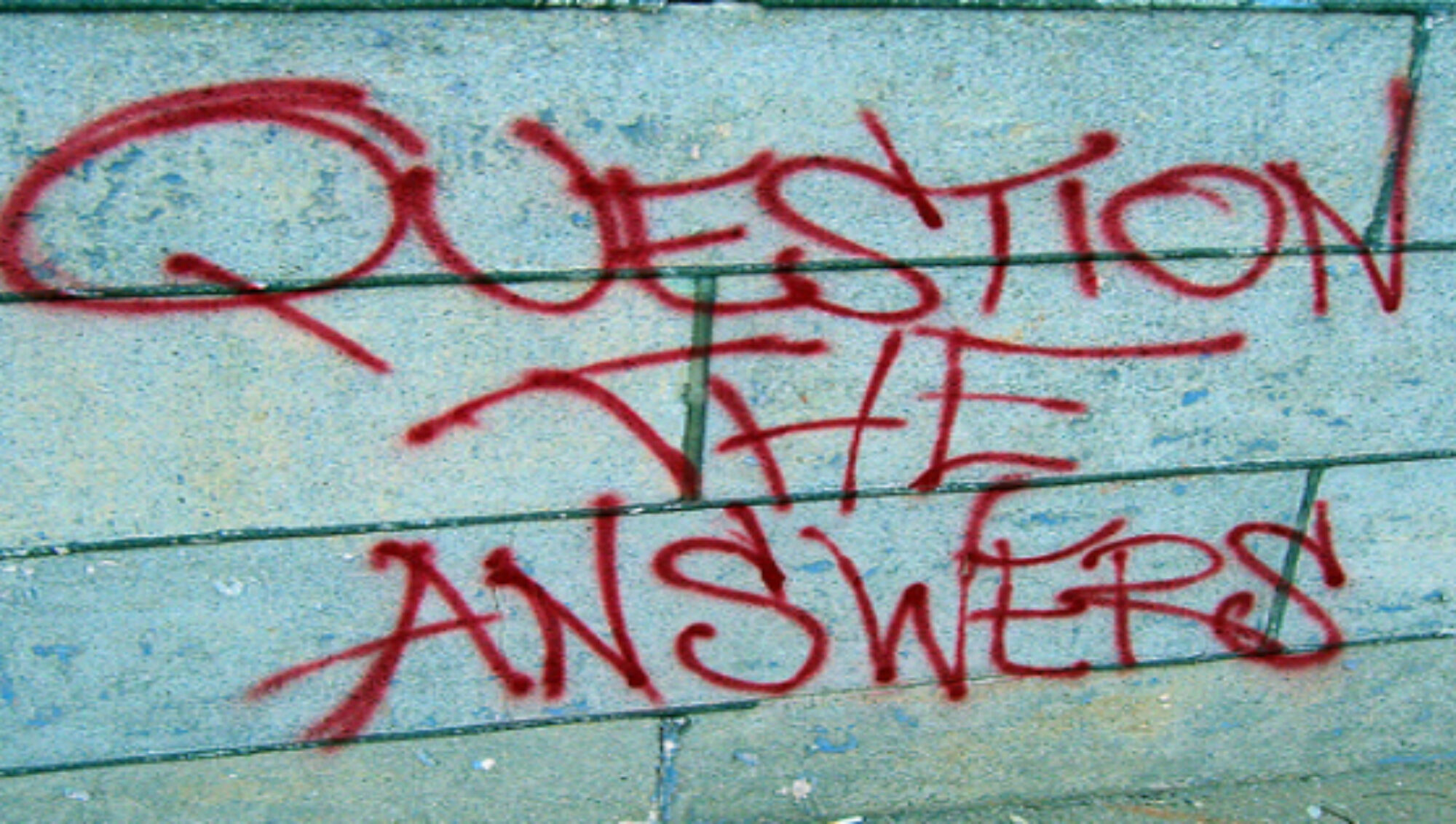I would like my books to be a kind of tool-box which others can rummage through to find a tool which they can use however they wish in their own area…I don’t write for an audience, I write for users, not readers.
Michel Foucault
When I am asked what I do for a living, my response of “university lecturer” is almost always followed by an eagerly-toned “what do you teach?” The answer “political theory” is inevitably met with disappointment, a flattened “oh” and an awkward throat-clearing silence. I understand the disappointment. Political theory as an academic discipline is completely disconnected from the lives of most people. It functions solely within universities as a highly insular literature of commentaries and critiques with little relevance to actual politics.
Political theory needs to breach the walls of the academy. Its value lies not in a continuously metastasizing mass of academic publications which few read or care about, but in its political utility. Theoretical perspectives allow us to see the underlying, often hidden, connections and structures which construct the political world and give it meaning. Political theory should be a generating force for political change.
